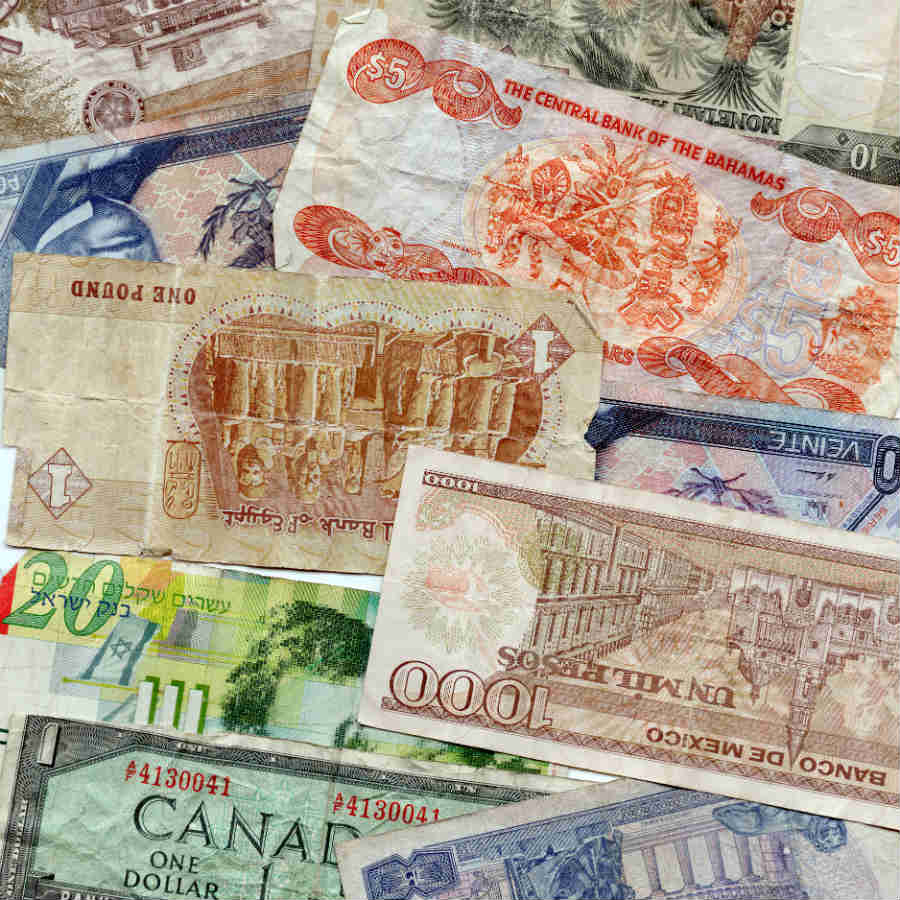
The Unintended Consequences of Using Hawalas
Many people looking to send money to or from the Middle East, North Africa, and South Asia are often confronted with the option of using a hawala (or havala). Due to a variety of factors, including (1) the unregulated nature of hawalas, (2) the use of hawalas to evade sanctions, and (3) intelligence reports linking hawalas to the financing of terrorism, the U.S. government has made dismantling hawala networks a national priority. Unfortunately, many innocent and unsuspecting people get caught up in federal investigations as a result of their choice to use a hawala to transfer funds arising from otherwise lawful and legitimate transactions.
A hawala is an alternative or parallel remittance system. It exists and operates outside of, or parallel to, traditional banking or financial channels. The components of hawala that distinguish it from other remittance systems are trust and the extensive use of connections, such as family relationships or regional affiliations. Unlike traditional banking, hawala often does not utilize any sort of negotiable instrument or wire transfers. Instead, transfers of money take place based on communications between members of hawaladars, or hawala dealers.
Hawala works by transferring money without actually moving it. In fact, money transfer without money movement is a definition of hawala that was used, successfully, in a hawala-related money laundering case. Instead of using traditional financial channels, hawaladars communicate with their associates and business partners (i.e., other hawaladars) to direct the movement of money on behalf their customers. The hawaladars in two different locations (e.g., the United States and Iran) simply keep a running tab of what they owe one another when customers request funds to be distributed to a particular family member or other beneficiary.
Periodically hawaladars will have to balance their books, especially if the transactions between them tend to flow more in one direction than another (e.g., Iran to the United States or vice versa). To balance their books hawaladars usually engage in other business with each other such exports and imports and either over-invoice or under-invoice business transactions between them to balance their books.
This manipulation of invoices is a very common method of balancing books between hawaladars. However, hawaladars have been known to utilize other, less benign methods of balancing their books and maintain a sufficient supply of funds to meet customer demand.
Sometimes hawaladars are directly or indirectly involved in serious criminal activities, such as fraud, identity theft, and narcotics trafficking to balance their books. Such criminal activities greatly expand the range of law enforcement agencies that might investigate the activities of a hawaladar. Often times, people who innocently or unknowingly used a hawala are visited by agents from the FBI, Secret Service, DEA, and Homeland Security Investigations (HSI).
Such encounters can be very frightening for people because law enforcement has traced the actual proceeds of criminal activity to their checking and savings accounts. Without documentation (e.g., bank receipts or wire transfer requests) a person who used a hawala usually faces an uphill battle in proving the legitimate (but indirect) source of the funds now appearing in their accounts. Convincing a zealous prosecutor or investigator that (a) you had nothing to do with the criminal conduct and (b) you did not know such illicit proceeds would be deposited in your account usually requires prolonged discussions and correspondence with the government which covers complex financial criminal concepts.
Other times, federal investigations into a hawaladar unveil certain legal indiscretions committed by the customer. Such indiscretions can include tax evasion, failure to report foreign bank accounts, sanctions violations, money laundering, and structuring. When evidence of such conduct is revealed, it is important to consult with an attorney to limit your exposure to both civil and criminal liability. However, many times, especially in the context of transactions involving sanctions targets (e.g., Iran, Cuba, Sudan, etc.), prosecutors and investigators might think that they have uncovered evidence of unlawful activity when in reality such conduct is authorized pursuant to a general license or legal exemption. Correcting the record and citing the appropriate legal authorities is paramount to protecting the customer.
After reading this, you might be wondering why anyone would ever transact with a hawala. Unfortunately, most people are unaware of the associated risks of dealing with a hawala and think it is an attractive option. First, it is a less cumbersome process than sending money with a bank. There is very little scrutiny and almost no requirements when dealing with a hawala. Second, using hawala is quicker than sending money internationally with a bank, as the transaction is almost instantaneously carried out via communication. And third, hawalas are cheaper than banks because they speculate on foreign currency and have very low overhead costs.
But I have never met a person who was later investigated who thought that the benefits of using a hawala outweighed the cost of being investigated. The uncertainty and fear of having your financial life scrutinized by the federal government is enough to convince most people to avoid hawalas. Add to that the costs of engaging an attorney to protect your interests throughout the process, and all of a sudden the transactional fee and waiting period at the bank doesn’t seem so bad.
Disclaimer: Blog posts should not be relied upon as legal advice and are only provided for informational purposes. Information contained in blog posts may also become outdated with the passage of time as laws change and U.S. foreign policy and national security objectives evolve.

